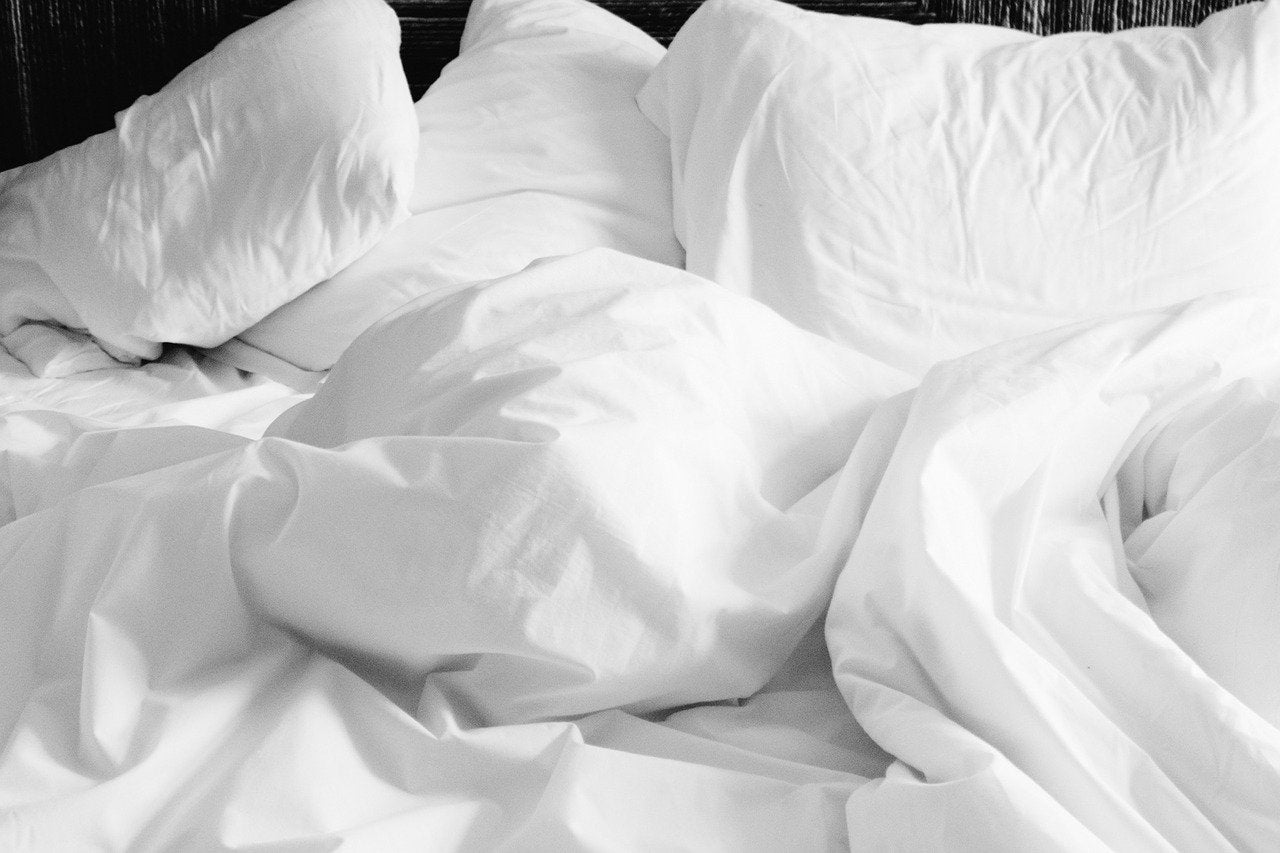
5 Ways to Help Reduce Stress and Anxiety
This April is Stress Awareness Month 2021. Most of us will have experienced high stress levels at one time or another, and this past year especially has had a significant impact on global mental wellbeing. Despite this, stress and mental health conditions are rarely taken as seriously as physical health concerns, even though they have been linked to longer term issues like heart disease, insomnia, weakened immune function, and a whole series of other problems.
We’ve written up this list of 5 things you can do to help reduce stress levels and help protect your mental health.
1. Exercise
Regular exercise is consistently proven to be one of the most effective ways out there to improve overall mental health, as well as all the obvious physical benefits.

Getting outside daily for just 15 minutes of running, or for a short walk, has proven to be a potent and natural anti-anxiety treatment. Exercise releases powerful endorphins (dopamine, norepinephrine, and serotonin) that boost energy levels, mood, and wellbeing, whilst simultaneously relieving anxiety. Stress often causes agitation, tight muscles and physical tension, for which movement is also an effective remedy.
It can further act as a distraction from daily responsibility and anxious thoughts, by giving you something to concentrate wholeheartedly on; this is especially effective when implemented as part of a regular routine. Some of the many added bonuses of regular exercise include improved memory, higher self-esteem, more energy, better sleep - the list goes on and on.
2. Diet
The old saying “you are what you eat” is one that everyone has heard, but is also still just as relevant today. Your body gets its energy, vitamins and minerals from the food you eat; if you’re not giving it what it needs, this can reflect directly on your energy levels and mood.
Insufficient energy levels could affect performance at work or throughout the day, causing responsibilities to pile up and directly adding to your stress. Poor nutrition and overeating can also lead to self-esteem issues and reduced physical efficiency within the body; looking after your mental health is not just about looking after your mind, but also maintaining your physical body alongside this too.

It is vital that you give yourself the right fuel to perform at your best, by eating a balanced diet and drinking plenty of water. Try to increase your intake of nutrient-rich foods such as fruit and vegetables, cut back on products with unnecessary sugar, and take some time to research which recipes and ingredients are particularly beneficial if you think you may be lacking in some areas.
3. Meditation and Mindfulness
Meditation and mindfulness has been used for thousands of years as a tool for restoring inner stillness and calm. There are many resources available for exercising meditation with guided breathing exercises and soothing audio, but it can also be practiced while commuting, on your lunch break, out and about, or in the comfort of your own home; it takes only a little time and effort out of your day, can be done anywhere, and has some astonishing benefits.

The approach can vary, but the goal is generally the same - to clear your mind, bring down those daily stresses that have been building up, and get to know your own mind a little better. This can be fantastic for dealing with negative emotions by training your mind to become more positive and patient. The benefits don’t stop there, as studies also show impressive successes with meditation influencing physical conditions too. Anxiety, depression, heart disease, high blood pressure, asthma and tension headaches are but a few; it is quite exceptional how much of an impact a simple but regular mind-friendly routine can have on your wellbeing.
4. Sleep
A good night’s sleep is often addressed as one contributing factor to overall mental health and wellbeing. In fact, it’s much more than that; sleep is an essential foundation upon which the rest of your day-to-day life rests upon, and if you are regularly lacking a good quality and quantity of sleep then this can cause a knock-on effect to many aspects of your health. The hormone cortisol (the “stress” hormone) builds up with lack of sleep, and your body needs a good rest to bring it back down again. In the longer term, this stress can lead to increased anxiety, depression and hypertension.

When we sleep, our bodies use this time to repair, recover and prepare you for the day ahead. Adults are recommended to aim for at least 7-8 hours a night, but there are also a whole other host of factors to consider to make sure you’re getting the most out of your rest. Try to get into a regular sleeping pattern, going to bed and getting up at the same times each day, and make an effort to create a comfortable sleep environment. Some things to avoid are 1. Caffeine, which can stay in your system throughout the afternoon all the way into the evening, 2. Screens too close to bedtime, as this can block the hormone that causes you to feel sleepy, and 3. Regular alcohol consumption can end up causing difficulty sleeping in the longer term (as well as having a negative impact on stress and depression levels).
5. Journaling
This one isn’t too dissimilar to meditation, but with more of a direct goal of becoming more aware of your behaviours and focusing on the positives.
Journaling is about taking a little time to physically write out your thoughts and feelings about the events of the day. You should also make a conscious effort to recognise the positive things that have come from each day; drawing attention to these will train your brain to spot them more often throughout your schedule. This isn’t for anyone else’s eyes, so there’s no need to worry about expectation or presentation.
Over time, this active self-evaluation will make it possible to spot habits and behaviours that are affecting your anxiety/ stress levels, and you can start to avoid these. Conversely, you’ll also start to notice activities that help you feel better or less anxious, which you can use to your advantage when you are having a particularly stressful day.


